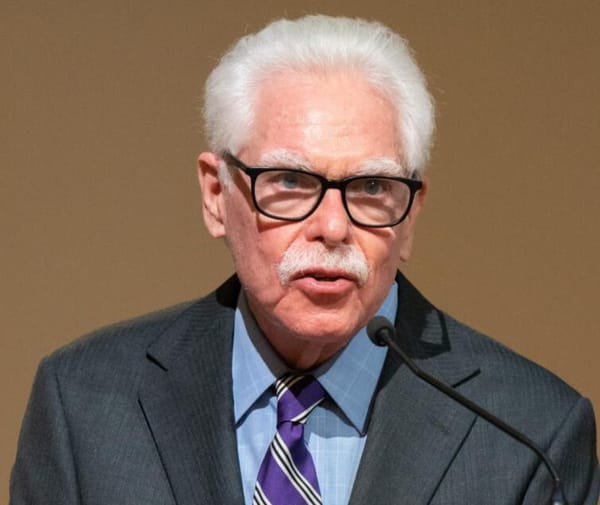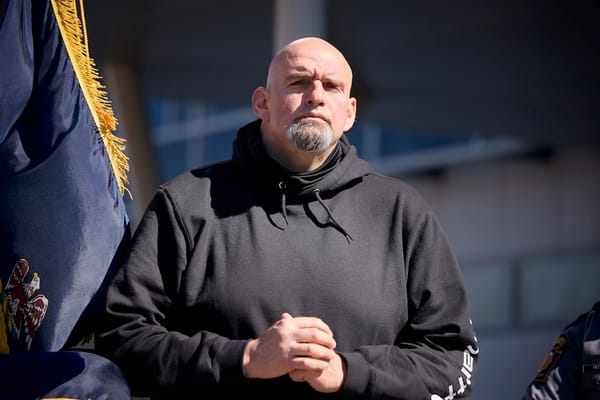AT&T Launches New Fixed Wireless Service, Lawsuits Over Lead Cables, $27M for Rural South Dakota Broadband
Stockholders claim AT&T and Verizon failed to disclose harmful effects of lead-clad cables.

August 24, 2023 — AT&T announced the launch of its new fixed wireless home internet service, called Internet Air, in 16 new markets across the United States on Tuesday.
The technology will use “available network capacity in areas that are less densely populated while still providing a strong connection,” said president of broadband and connectivity initiatives Erin Scarborough.
The product emphasizes the Wi-Fi aspect of the device and is touted for its easy and fast installation.
Markets that will get the service first include cities in California, Pennsylvania, Ohio, Nevada, Arizona, Illinois, Michigan, Connecticut, Minnesota, Oregon, Utah, Washington and Florida.
AT&T executives said in a second-quarter earnings call in July that adding fixed wireless technology will be key to connecting hard-to-reach areas of the country. They estimated that fixed wireless services will be in demand following the allocation of Broadband Equity, Access and Deployment funds despite the program’s preference for fiber builds.
CEO John Stankey said that AT&T’s fixed wireless offerings will be a competitive offer in broadband builds for decades to come.
In February, however, AT&T’s chief financial officer said the company doesn’t see fixed wireless as a great long-term solution and is focusing on deploying fiber.
“Fixed wireless in certain cases is kind of nice, it’s a nice catch product where we have a copper customer that we’re going to get to in the next 12 to 24 months,” said Pascal Desroches during Deutsche Bank’s annual media, internet and telecom conference.
“But long term, it’s not a solution we want to put a lot of resources behind. Why? It’s because it’s not a great product and the customer ultimately is going to reject it,” he said.
Verizon, AT&T facing more lawsuits over lead cables
Lawsuits filed in Pennsylvania federal court on behalf of shareholders allege that Verizon and AT&T misled the public about the environmental and health risks of lead-clad cables.
In July, a Wall Street Journal report alleged that lead-clad telecom cables in Lake Tahoe and elsewhere raise a significant health concern. In response, AT&T claimed that the cables “pose no danger to those who work and play in the waters of Lake Tahoe” and halted removal of the cables, which it began in 2021 “simply to avoid the expense of litigation.”
Verizon was similarly under fire when it was revealed that the two companies own over 2,000 such cables across the country, which would have been installed many years ago.
Now, the companies are facing litigation from shareholders who claim that Verizon and AT&T failed to disclose that they own cables around the country that are highly toxic and which harm employees and residents alike, and that it was warned about the risks but did not disclose the threat.
“As a result, defendants’ statements about its business, operation, and prospects were materially false and misleading and/or lacked a reasonable basis at all relevant time,” read the allegation against Verizon. It notified shareholders to register in the class action by October 2.
AT&T’s stocks reached the lowest level in 30 years by 7 percent and Verizon down by two percent, TD Cowen reported. The company reassured investors in an earnings call in July that it will work with the Environmental Protection Agency to investigate the potential harm that lead-clad cables present to communities and employees.
Verizon likewise told investors that it is conducting its own internal and third-party investigation into the thousands of lead-sheathed cables. It said it will take these concerns seriously and will take a “fact and science-based approach” in the assessment of the danger the cables pose.
South Dakota plowing $27M for rural broadband
South Dakota’s Governor’s Office of Economic Development announced that it will award as much as $27 million to support rural high-speed internet in its final round of funding through the ConnectSD program.
“We are revitalizing small towns in America with this investment. And we are preserving our way of life,” Governor Kristi Noem said at the South Dakota Telecommunications Association Conference this week. “My vision is to bring high-speed internet to every home and business in South Dakota. No one should have to choose between the modern economy and a life in their hometown. It’s time to finish the job.”
According to Noem, the ConnectSD program has already connected tens of thousands of households and businesses to high-speed broadband with a total of $269.5 million invested since she took office in 2019. The office has awarded 104 grants that are in the process of connecting almost 31,000 locations.
Of the money invested, 57.9 million is state funds, $89.6 million is federal funds and $122.3 million is private funds. Grant applications will be available soon for this last round of funding.
“South Dakotans should never be left behind because of the small-town way of life they’ve chosen to build for themselves and for their families,” said GOED Commissioner Chris Schilken. “More and more South Dakotans are reaping the benefits of expanded opportunities in education, entertainment, and commerce.”
This is the state’s eighth round of funding in broadband grants since 2019. In May, ConnectSD awarded nine service providers a total of $32.5 million. The three biggest awardees were Venture Vision at $8.6 million, Golden West with $7 million and Alliance Communications Cooperative at $5.1 million.








